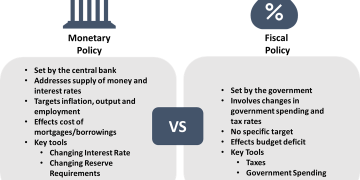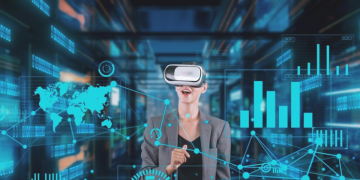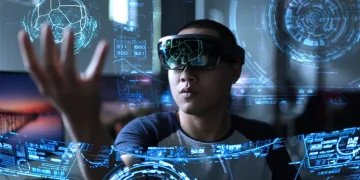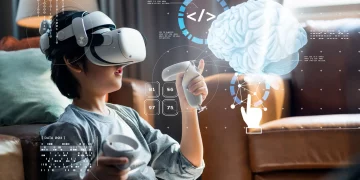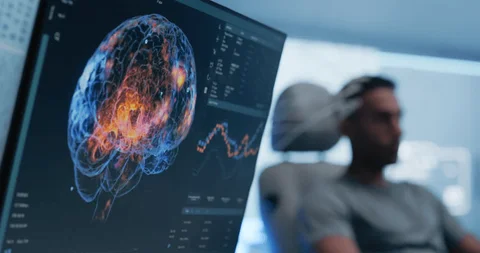Scenario 1: The Cognitive Worker
By 2040, companies may employ BCI-enhanced professionals capable of:
- Seamless multitasking across virtual platforms.
- Brain-to-cloud storage for instant recall of technical data.
- Real-time neural collaboration with AI systems.
This could radically boost productivity in fields like design, logistics, and emergency response.
Scenario 2: Neural Entrepreneurship
Creative industries might flourish with BCI tools that translate imagination directly into digital media—art, music, or even 3D prototypes.
Entrepreneurs could innovate faster by ideating and testing concepts through thought-driven simulations.
Scenario 3: Risks to Labor Equity
The neural economy could deepen existing inequalities:
- High-cost BCIs may be accessible only to elite workers.
- Job polarization may increase as low-skill roles become obsolete.
- “Neuro-rights” (protection of mental privacy and freedom) will become labor rights issues.
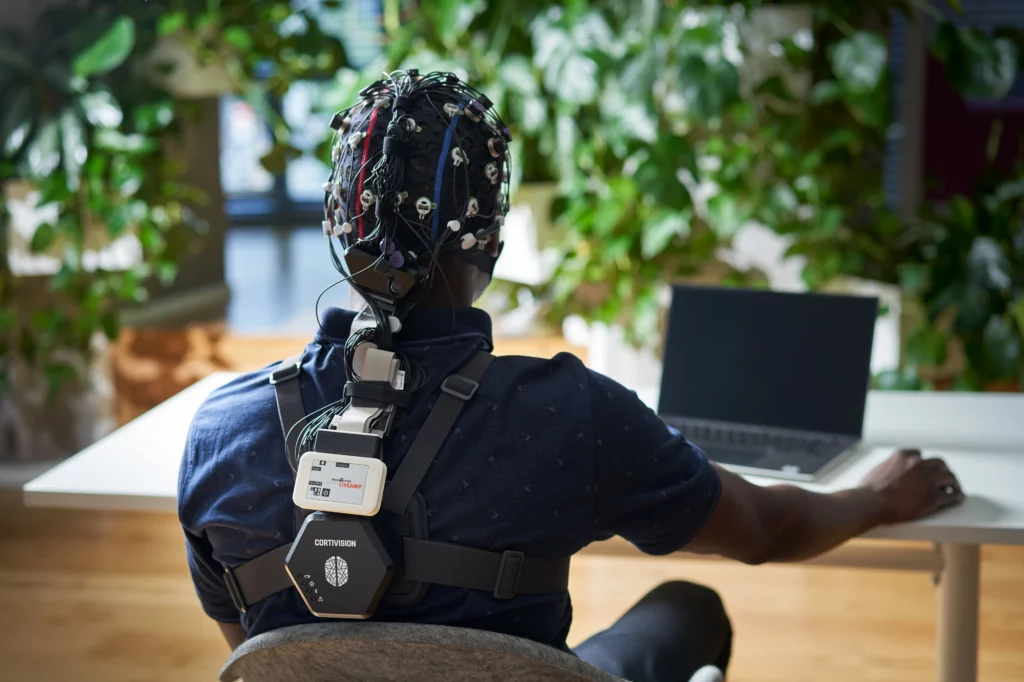
Scenario 4: Redefining Workplace Ethics
Employers may wish to monitor attention or emotional states via BCI—raising critical concerns about consent, surveillance, and autonomy.
Laws will need to define boundaries for acceptable workplace data collection.
Scenario 5: Preparing for the Transition
Societies can prepare by:
- Investing in reskilling programs for a hybrid human–AI workforce.
- Creating regulations for fair access to enhancement tools.
- Encouraging inclusive innovation ecosystems so startups and developing countries share the benefits.
Looking Forward
The neural economy promises to unlock new forms of productivity and creativity, but it will test our values around equity, privacy, and human dignity in unprecedented ways.





